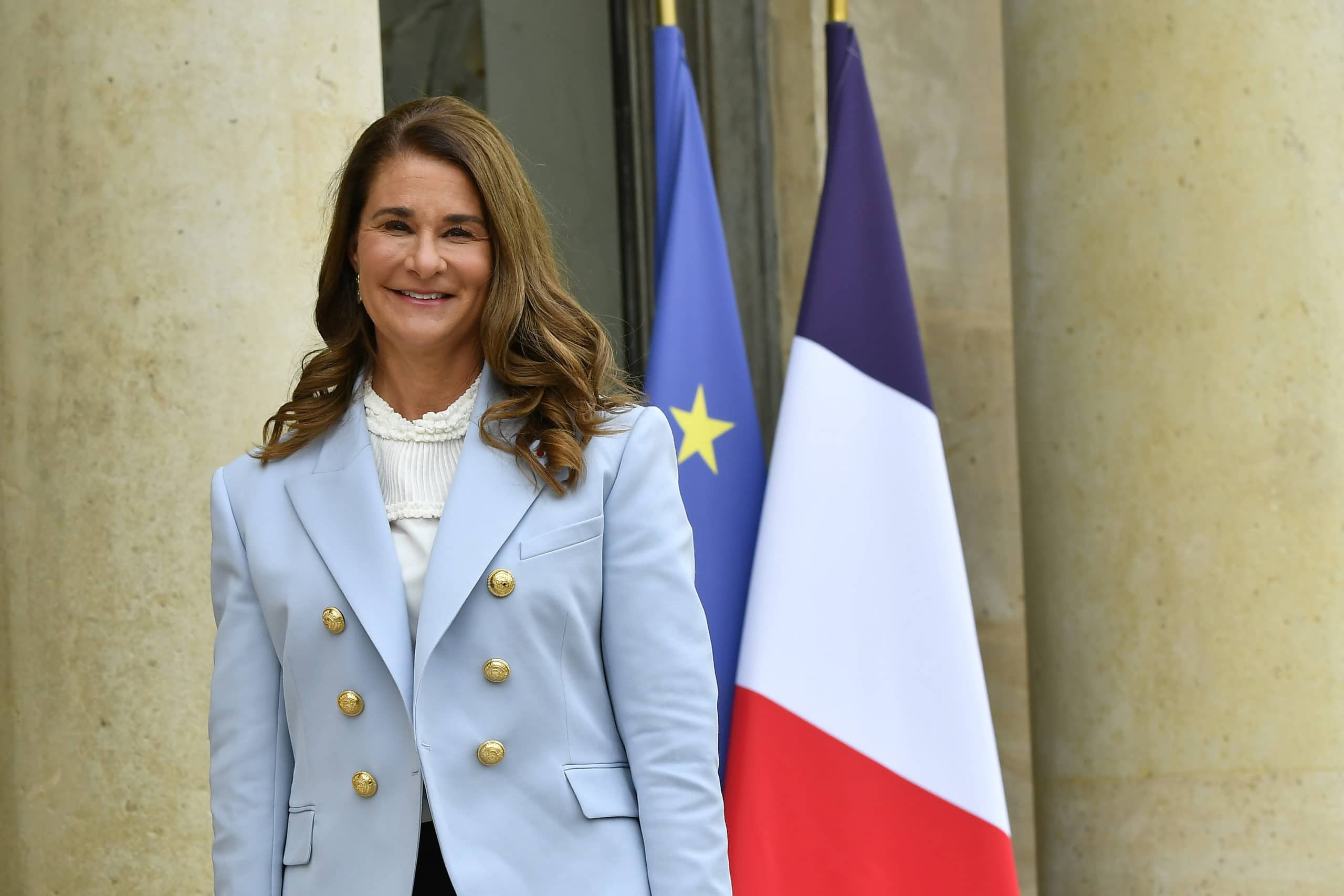In an exclusive with FORBES AFRICA from Seattle in the United States, Melinda French Gates speaks about the billions pledged to support women and combat Covid-19, and the Bill & Melinda Gates Foundation’s new Goalkeepers Report that features an updated global dataset explaining the pandemic’s adverse impact on progress toward the United Nations’ Sustainable Development Goals.
Q. How can the world collectively come together to combat the shadow pandemic that women and girls are grappling within Africa, in the wake of Covid-19?
A. Even a cursory look at the latest data shows us how devastating the pandemic has been for women, particularly when it comes to the economy. This year, women’s employment globally is expected to remain 13 million jobs below the 2019 level — while men’s employment is largely expected to recover to pre-pandemic rates.
The reason for these striking gaps is that women have long faced barriers to economic participation – and those barriers have only worsened amid the pandemic. For example, women have a harder time accessing finance and credit than men, and they are disproportionately employed in sectors that have lower pay.
The evidence leaves us no doubt: With women making up 50% or more of the workforce in many African countries, we can either take action now or risk facing decades of growth-restricting inequality.
And if we want to avoid that fate, leaders must prioritize women within pandemic recovery planning and policy-making, and donors and global institutions must further expand their support for women-focused programs.
For example, our foundation recently pledged $2.1 billion to support women’s economic and health issues, which we hope will be just one piece of a larger puzzle. Our hope moving forward is that governments, philanthropies, non-governmental organizations, and everyone looking to improve their corner of the world will join us in supporting the empowerment of women and girls. It’s a step that will ultimately pay off for everyone, everywhere.
Q. What are the foundation’s plans for Africa in the coming months?
A. Our foundation has worked in partnership with African countries for decades, and the more than $1.9 billion we’ve contributed to the global effort to combat Covid-19 is just the latest part of that commitment. We believe strongly that all people deserve to benefit from the innovations and science developed to respond to the pandemic and save lives. Right now, the lack of equitable access to Covid-19 vaccines is standing in the way of our ability to put the pandemic behind us.
In this year’s Goalkeepers Report, we explain how Covid-19 vaccine access has been strongly correlated with the locations where there is vaccine R&D and manufacturing capability. Though Africa is home to 17% of the world’s population, for example, it has less than 1% of the world’s vaccine manufacturing capabilities. That’s why we’re supporting the Africa CDC and African Union’s vision to create a sustainable regional vaccine development and manufacturing ecosystem in the region. These investments in low- and middle-income countries — which are too often left waiting for life-saving interventions— would better protect communities and families from diseases like Covid-19 in the future.
Our foundation is also committed to investments in Africa because we’ve seen the impact of African innovations on many health and financial challenges. As your magazine recently noted, the continent’s diversity and ingenuity inspires resilience and optimism for the future.
For example, one of South Africa’s leading scientists, Dr Penny Moore, discovered that a coronavirus variant first found in her country could circumvent the immune system. Another example we highlight in the report is Senegal. The country led an incredibly effective campaign to ensure forward momentum on routine immunizations, helping health workers adapt their strategic outreach to their communities during the pandemic.
With more forward-thinking, long-term investments in Africa and by continuing to encourage local innovation, we will all benefit from improved health security and pandemic preparedness moving forward.
